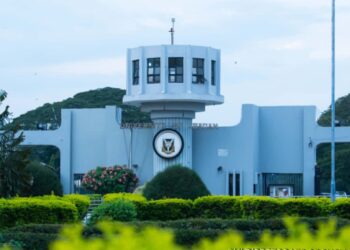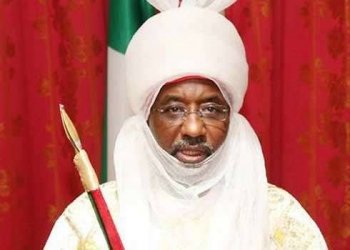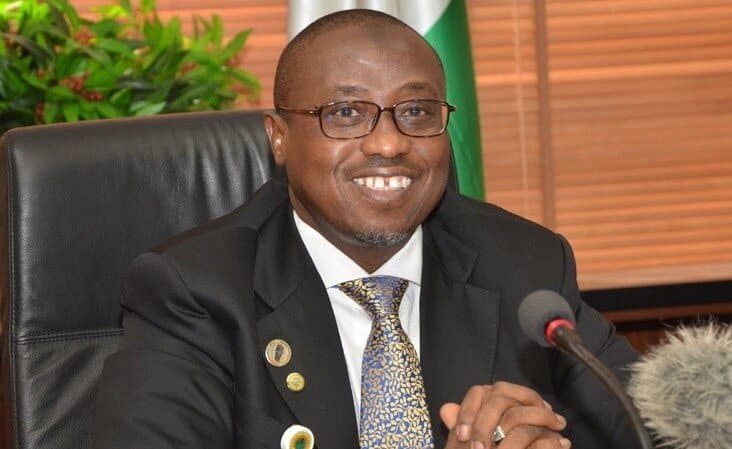The Young Parliamentarians Forum (YPF) of the 9th National Assembly has vowed to stop the controversial hate speech, social media, and Non-governmental organisation bills.
This was part of the communique signed by the Chairman, YPF, Hon. Kabir Ibrahim Tukura and others, after their meeting held in Owerri, Imo State, after its official inauguration by the President of the Senate.
The communique which was made available to ReportersAtLarge indicated that the Forum held its 2020 annual retreat in Owerri, Imo State to deliberate on key national issues and develop its 2020 engagement agenda.
The retreat among others focused on constitutional review, electoral reforms, shrinking civic space and the petroleum industry bill, as well as other issues of critical national importance.
The communique reads in part, “The YPF reaffirmed its commitment to deepening the democratic civic space and protection of human rights and will therefore not support proposed legislation like the hate speech bill, social media bill, the NGO bill in their current form, all of which are capably trampling on the rights of Nigerians. However, the YPF calls on citizens to be sensitive to the rights of others and be responsible for the exercise of their rights.
“The YPF will promote the involvement of citizens in the ongoing efforts to amend the constitution. In this regard, the Forum will provide leadership in building consensus on constitutional issues amongst young people in Nigeria and support constitutional amendments geared towards promoting devolution of powers, national integration, fiscal federalism, and economic development.
“The YPF will canvass for further constitutional amendments to increase youth and women representation in elective and appointive positions in the country. The Forum will particularly take deliberate steps to promote the participation of women in politics.
“The YPF recognized the urgent need to deepen the integrity of elections through amendments to the electoral legal framework. Particularly, the YPF will propose amendments that deepen internal democracy in parties and sanitize the candidate nomination process.
“Other priority issues include; review of timelines for the resolution of pre-election matters before elections; bridging the dichotomy between election petition tribunal and regular courts; deployment of technology for results collation and transmission and electronic accreditation of voters; creation of the commission of the electoral offence amongst others.”









